'Kidnapped and made a sex slave by ISIS': one woman's brave escape
Two years after escaping the clutches of an ISIS commander, Badia Hassan Ahmed tells Susan McClelland her story and speaks about her desire to highlight the plight of fellow refugees

Two years after escaping the clutches of an ISIS commander, Badia Hassan Ahmed tells Susan McClelland her story and speaks about her desire to highlight the plight of fellow refugees
The sound of ISIS soldiers storming my little village, Kocho, in Iraq, is one I’ll never forget. It was August 2014 and I was just 19. They drove in, covered in dust and blood, shouting and flailing their guns and began ordering us into groups as if we were slaves.
Girls over 12 and young women and their small children were separated off from the teenage boys, older women and men, and what I recall most is the sound of crying and begging as families were torn apart. A few minutes later we heard gun shots in the distance. The ISIS commander told us at the time that they were killing our dogs. But I broke down as I looked at the faces of the girls around me. We all knew they were killing our loved ones.
The day before I was kidnapped was just a normal day. I was at home with my mother, father and seven siblings. I’m the second youngest in a Yazidi family. We are a Kurdish community scattered across Iraq’s Nineveh province. Unlike the Kurds, our faith is close to Sufism, a mystical branch of Islam. But the fundamentally extremist ISIS (Islamic State of Iraq and Syria) sees us as non-Muslim and believes it is OK to enslave us. ISIS has been murdering our men and children and abducting us women and girls as sex slaves for years and this is still happening today. I just never thought I’d become one of them.
I was just a normal teenage girl. I loved going to school and dreamed of becoming a doctor. But during my kidnap, those dreams were destroyed. I had been with my sisters when ISIS entered the village but in the chaos, we got separated. I found myself with my three-year-old nephew. Men with guns drove us to an abandoned school. I didn’t realise it then, but it would become my prison for the next two months. I told the guards my nephew was my son. If I hadn’t, he’d have been taken away.
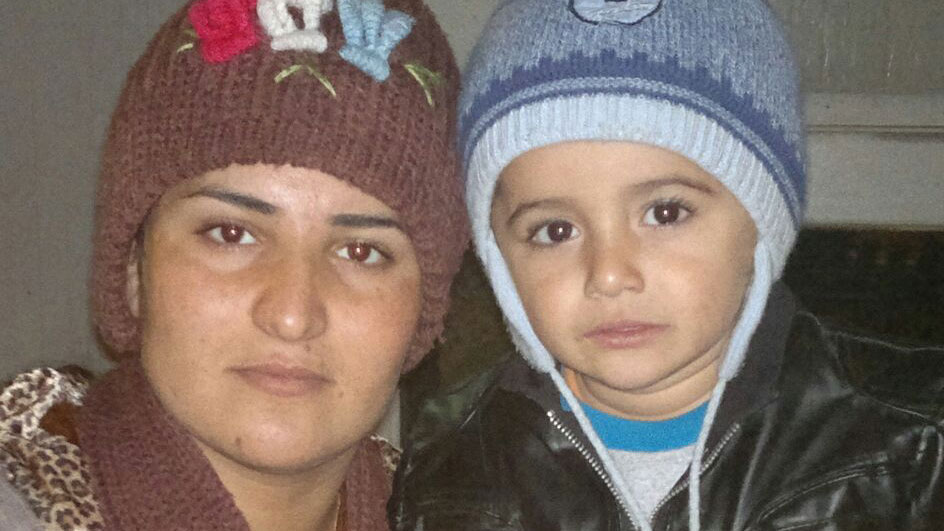
Our prison was dirty and crowded. The guards spat on us and beat us daily. They gave us very little food – I watched my body waste away. And what little food they did give us, they tainted with a drug that made us so lethargic we were unable to fight back. I was just alert enough to remember seeing the men traipse in every day and pick out the women they liked the look of, before disappearing outside with them. One day a woman would be there, the next day she was gone, chosen to become the ‘wife’ to some ISIS terrorist.
In the school house, I made friends with another girl, who was also 19. We were so desperate to avoid the fate set out for us we’d take the wrappers from the sweets ISIS brought to appease the children and wipe them on our faces and in our hair so we looked dirty, wild and unsuitable to be concubines. One day, when our ruse was discovered, ISIS guards kicked and punched us as punishment, telling us that we needed to look more attractive for the buyers.
Marie Claire Newsletter
Celebrity news, beauty, fashion advice, and fascinating features, delivered straight to your inbox!
But worse was to come in the days afterwards. As part of our punishment, my friend, nephew and I were driven to Aleppo, where we were handed over to an ISIS commander. He looked us over and told us through a translator that he’d marry me first and take my friend as his second wife. ‘I have a husband – that little boy is my son,’ I lied, referring to my nephew. ‘I don’t care, you’re not proper Muslim so your marriage doesn’t count,’ he said. ‘Please, I’m pregnant,’ I said, hoping he’d reject me if he thought I was carrying another man’s child. But he took me to a doctor who subjected me to a degrading examination and confirmed I was a virgin. That night, the commander raped me and said if I didn’t do what he said, he’d turn my nephew over to ISIS.
I was shocked to discover that my ‘husband’ was actually an American, who had converted to Islam five years earlier. He spoke little Arabic and no Kurmanji, my native language, and so a translator communicated for us. I could hear him speaking in English on Skype to his family back in the United States. He had two children and a wife there. I wondered if his family knew what he was doing to me. He beat, raped and humiliated me almost every day. I felt broken but had to stay strong for my nephew. I told him stories that I’d been told as a child to comfort him. When I was being raped, my friend soothed him, telling him to cover his ears so he wouldn’t hear my screams.
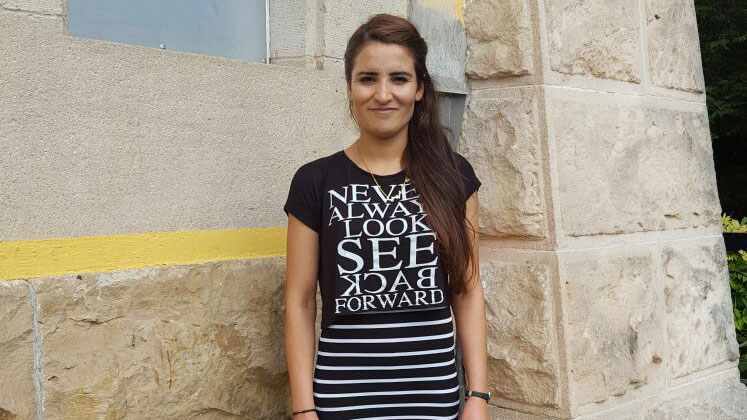
One morning, just as I had almost given up hope, my ‘husband’ told us that he was going to battle and would not be back for several days. Not long after he left, my friend and I managed to pry open the strong lock on the front door and step out into the street.
I’ll never forget that feeling. My heart beat so fast I could barely move. At a quick pace, I walked along the side streets, one arm linked in my friend’s, while my other hand held tight to my nephew’s. I could see his little knuckles turning white from my grip. But he didn’t cry. Even at three, he knew if he made a sound we risked being imprisoned for the rest of our lives.
I made it to the market and begged a market seller to let me use his phone. With a trembling voice, I called a relative and gave him our address. My relative told us to return to the house and said he’d arrive in a few days time to help. Those few days were the longest I’ve ever experienced: dreaming of freedom yet afraid we’d be caught and enslaved for the rest of our lives.
Then, one afternoon, there was a knock at the door and I opened it to find my relative with his friends. We snuck out into a car and drove to the border, finally walking back into Iraq.
We couldn’t go back to our village so we went to the Rowanga refugee camp in Kurdistan. There I was delighted to find some of my brothers and my older sisters, including my nephew’s mother. We were all crying – shocked and elated that we’d found each other. But then we cried for those not with us. To this day, my other brothers and parents are still missing.
Through the WADI organisation and Jinda Center I have pieced my life back together. For about a year, I lived at the camp and helped distribute food aid to families there. Soon afterwards, I was given asylum in Germany and am now studying languages and nursing. My dream is still to be a doctor, to return and bring some healing to all those affected by this atrocity. I also want to speak out about what I’ve been through, because behind the statistics and news headlines about the refugee crisis, there are real human stories like mine that deserve to be heard.
Photo credits: Suzn Fahmi
For more information about the WADI foundation, visit wadi-online.de.
The leading destination for fashion, beauty, shopping and finger-on-the-pulse views on the latest issues. Marie Claire's travel content helps you delight in discovering new destinations around the globe, offering a unique – and sometimes unchartered – travel experience. From new hotel openings to the destinations tipped to take over our travel calendars, this iconic name has it covered.
-
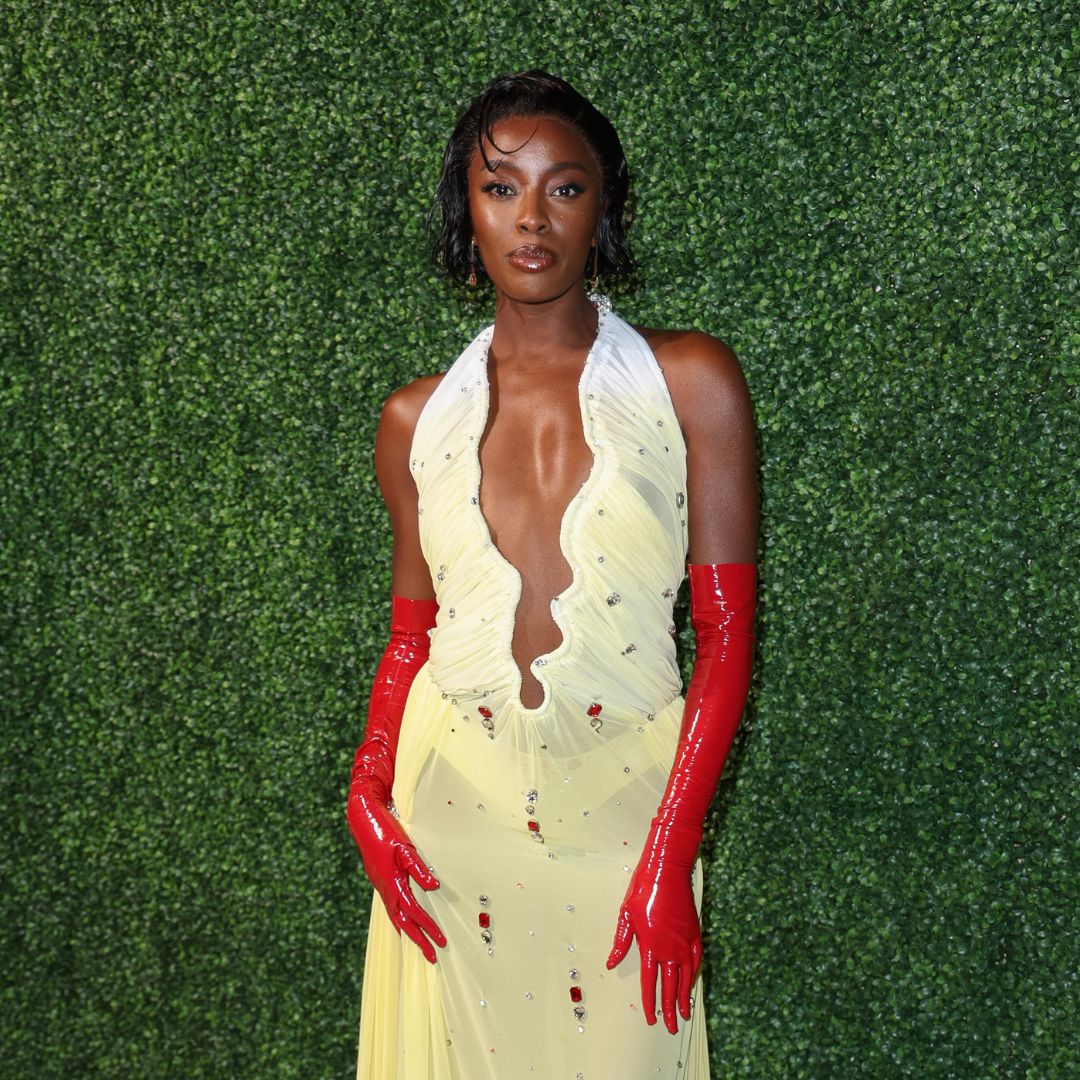 Anatomy Of A Wardrobe: TV presenter AJ Odudu is carving out her own lane, one show-stopping look at a time
Anatomy Of A Wardrobe: TV presenter AJ Odudu is carving out her own lane, one show-stopping look at a timeWatch as we take an exclusive look inside AJ's wardrobe
By Lily Russo-Bah
-
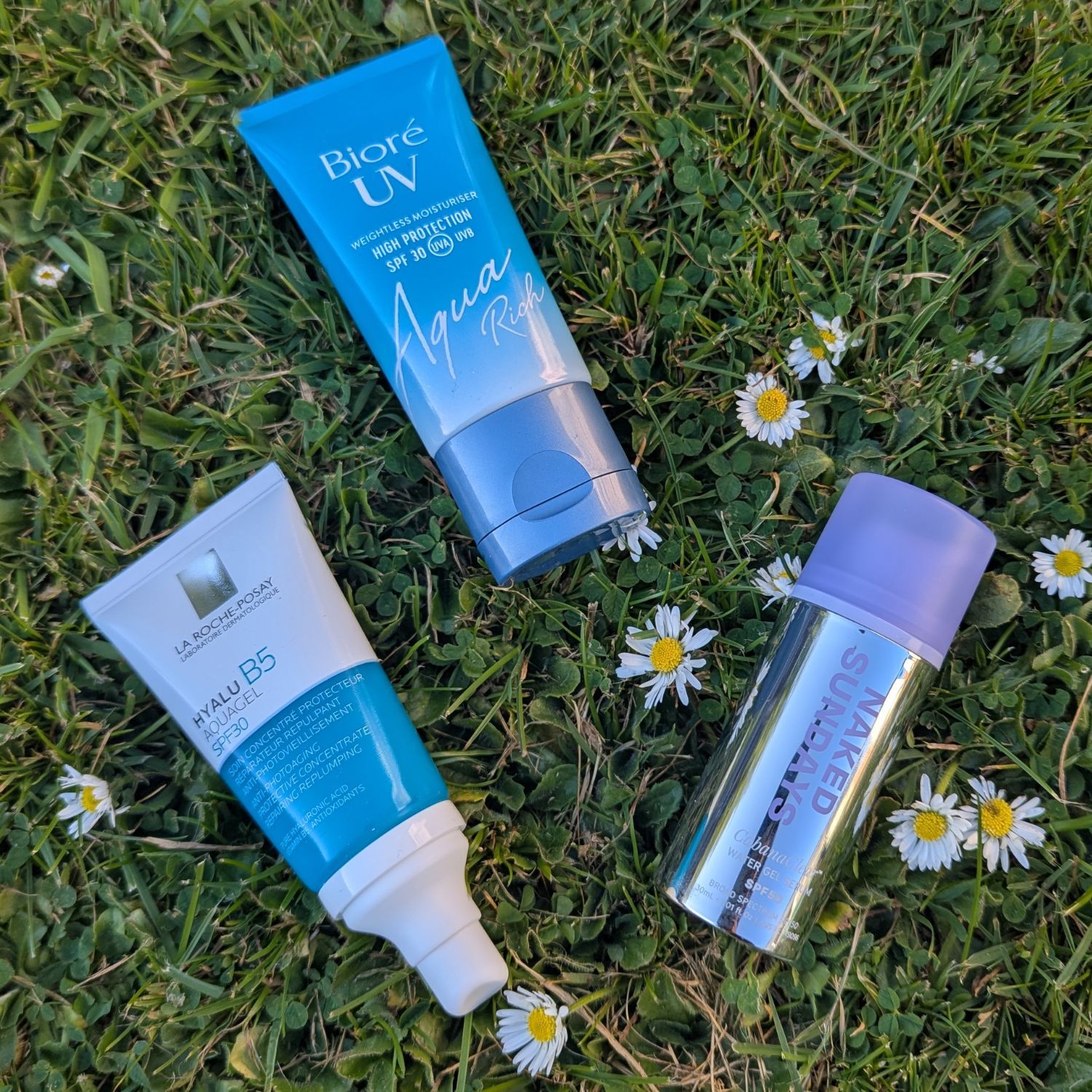 I’ve searched high and low for the best lightweight SPFs—these hydrating, water-based ones are a total game-changer
I’ve searched high and low for the best lightweight SPFs—these hydrating, water-based ones are a total game-changerNo excuses
By Jazzria Harris
-
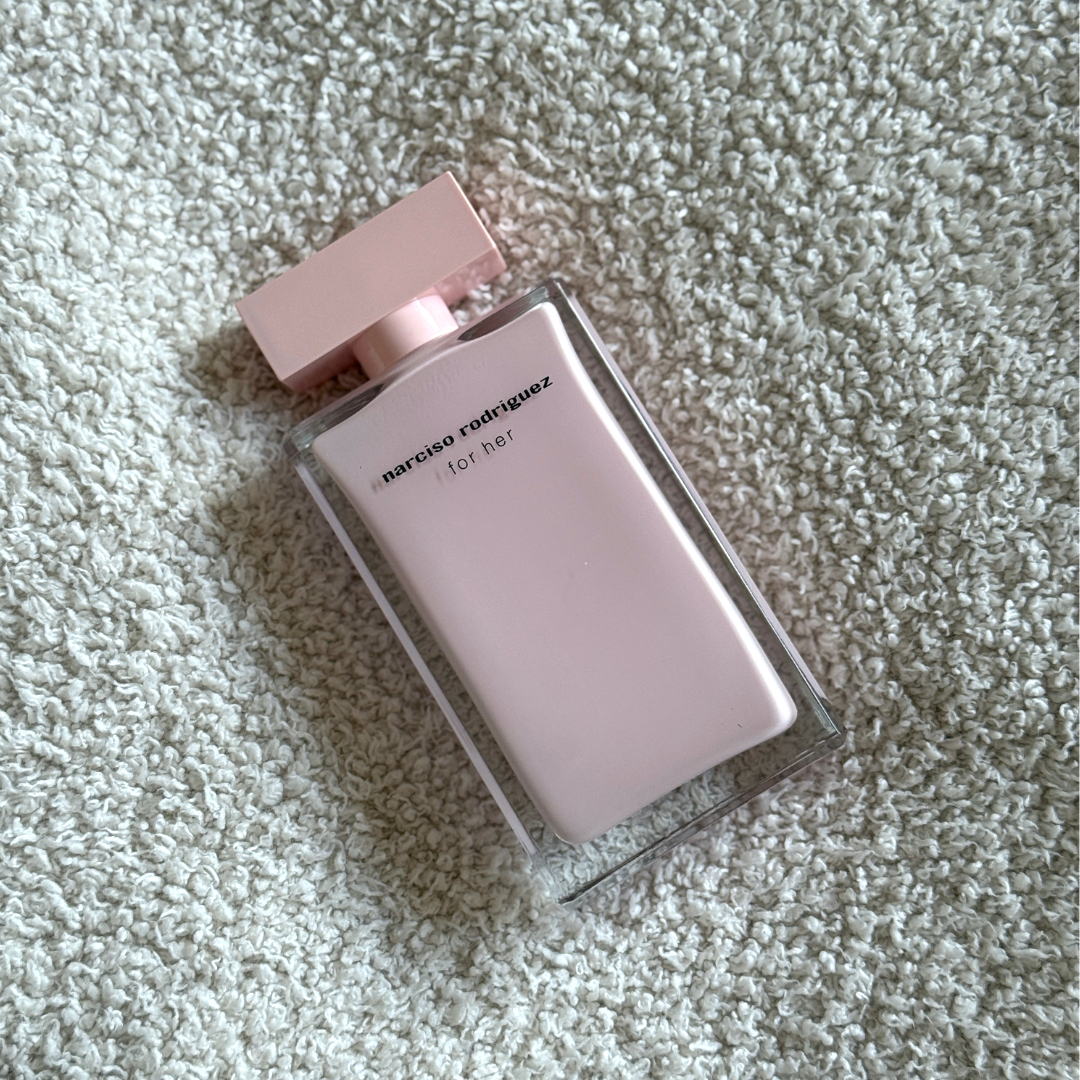 This perfume has been an icon for over 20 years, and for good reason—it’s soft, elegant, and oh so feminine
This perfume has been an icon for over 20 years, and for good reason—it’s soft, elegant, and oh so feminineFeminine but not *too* sweet
By Lucy Abbersteen